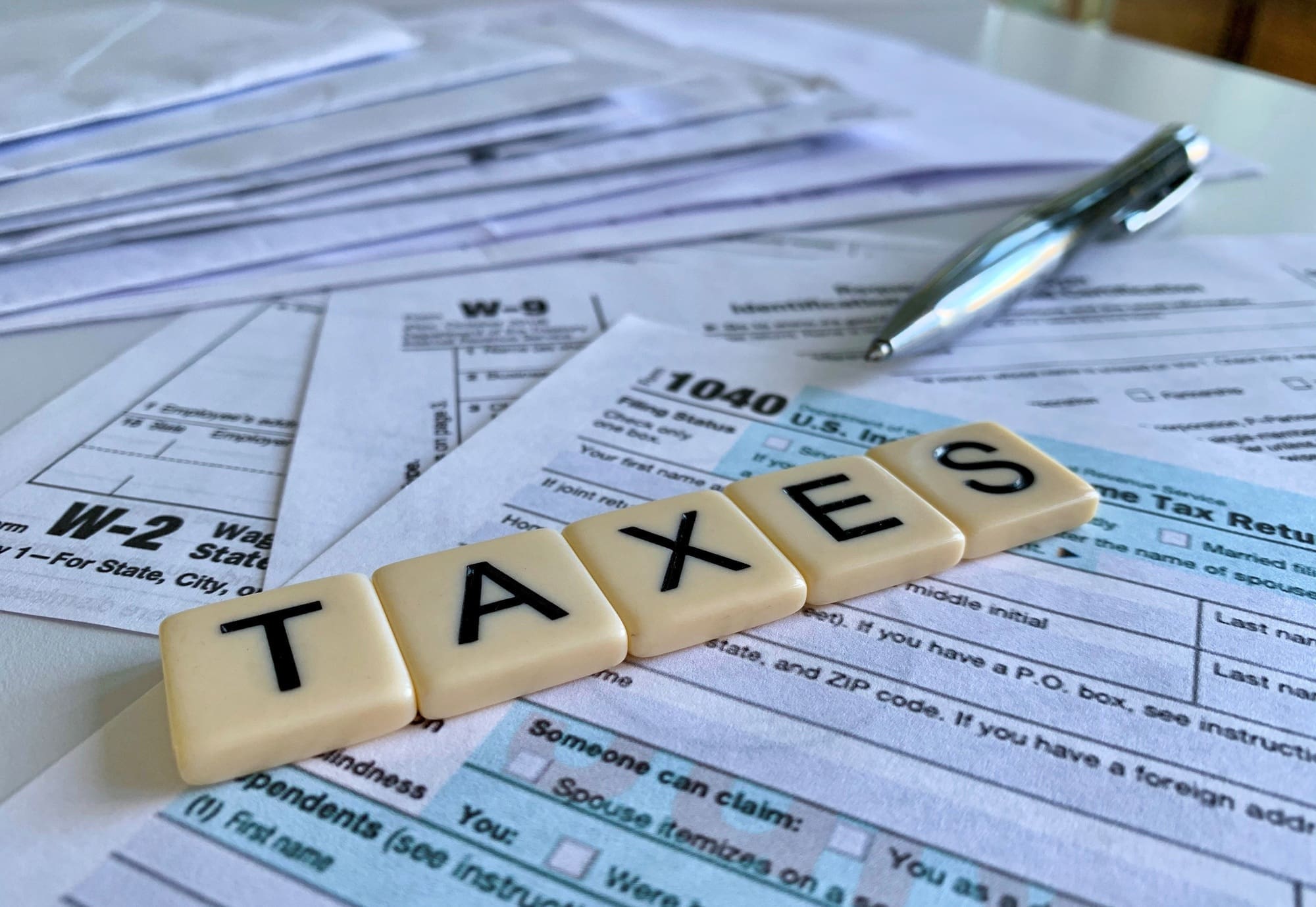The amount of inheritance tax recovered by HMRC 2021/22 financial year was £326m – up from £254m in the previous 12 months.
Since 2019, more than 13,000 people across the UK have been the subject of investigations and tax recoveries by HMRC.
Why?
Three reasons:
- The first is that more people are being drawn into the inheritance tax net as they experience the effect of fiscal drag through frozen thresholds.
Although there are exemptions and reliefs available to those estates which qualify (such as a residence nil-rate band and the option to transfer allowances between spouses and civil partners for example), many people find that having given it little thought during a testator’s lifetime, they nevertheless have a liability.
Keep an eye on the Autumn Statement on 22 November for any changes.
- The second issue is that it is quite common for family members acting without professional advice to make errors when reporting the value of estates to HMRC.
Common mistakes include:
– underestimating property values,
– omitting bank accounts or investments,
– getting lost in the maze of inheritance tax reliefs and exemptions, or
– not keeping records to the standard required by HMRC.
- The third factor is, of course, that HMRC appears to be more actively challenging the figures and records provided by families, resulting in unpaid inheritance tax being clawed back from those who inherited.
It is worth noting that ultimately the executors themselves will be personally liable if the beneficiaries of the estate are unable to pay any additional tax which becomes due.
People also often do not appreciate that inheritance tax is not just about what assets people benefit from at the time of someone’s death. It can also be payable if the person who made the gift dies within seven years of making it.
Stephen Parnham



